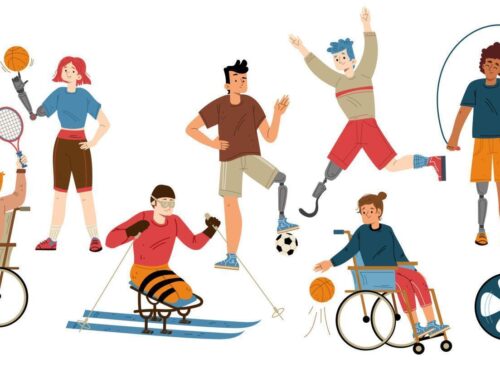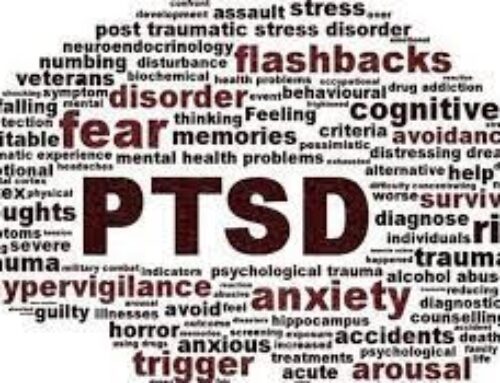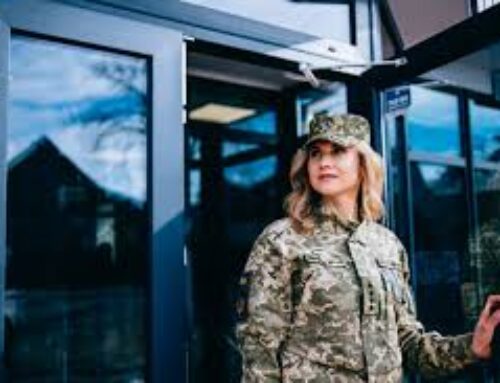The Dangers of Homelessness for Veterans
Previously, we’ve written about many of the factors that are known to cause and/or perpetuate homelessness among veterans. In this article, we’ll shift our perspective slightly to talk about the disadvantages and dangers that homeless veterans face, as well as the effect it has on their health (both physical and mental) and overall well-being.
- Violence. There’s a prevalent stereotype that homeless people are dangerous, unpredictable, or violent. In fact, homeless individuals are more likely to be victims of violent attacks than perpetrators. According to a 2014 study on the rate of violence against homeless people, 14-21% of the homeless population were estimated to have been victims of violent attacks.
Between 2000 and 2020, the National Coalition for the Homeless recorded 1,852 incidents of violence against homeless people, many of which are believed to be hate crimes. Of those attacks, 515 resulted in death. Sadly, incidents such as a series of brutal murders of homeless individuals in late 2021 and early 2022 have led experts to believe that violence against homeless people may be on the rise. - Injury and disease. Homelessness and poor health are a vicious cycle. Not only does poor health frequently contribute to homelessness, but being homeless can cause or exacerbate a variety of health problems. People who are homeless generally have poor access to healthcare or medication, difficulty maintaining a healthy diet, unsanitary living conditions, and frequent exposure to severe weather. Common illnesses among homeless populations include HIV, lung diseases, malnutrition, mental health disorders, substance use disorders, and wounds or infections.
- Shortened life span. Homeless individuals are three to four times more likely to die prematurely than their housed counterparts. The average life expectancy of homeless persons is 48 years—nearly thirty years shorter than the national average of 77.
National Veterans Homeless Support seeks to eliminate homelessness among veterans in Central Florida and nationwide. NVHS takes a proactive, intervention-based approach to homelessness by meeting homeless veterans where they are and helping them from there. Through programs like Search and Rescue Outreach, NVHS helps homeless veterans get the supplies they need to survive, connects them with support and resources, and helps them transition off the streets and into temporary or permanent housing. If you’re able, consider supporting our mission by donating or signing on as a volunteer.





